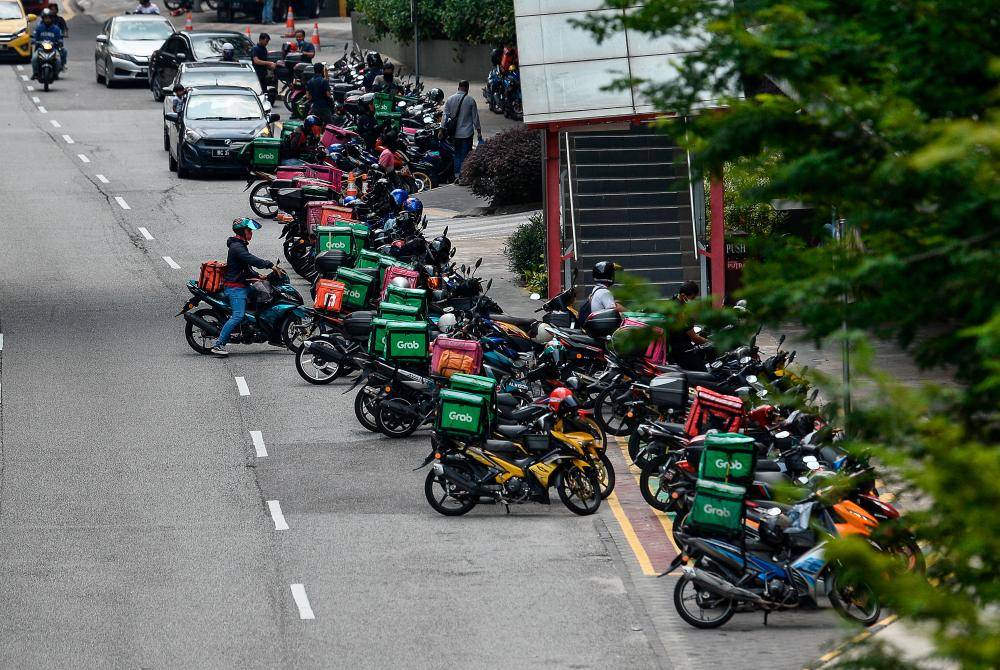Gig economy: 'Great for now, but what about your future career?'
Gig economy boom raises concerns about long-term workforce skills

SHAH ALAM - In an era when the gig economy has become a lifeline for many, especially during the challenging times of Covid-19, concerns have been raised about the long-term implications of this shift on the workforce's skills and development.
During a recent episode of the Sana Sini podcast, SG Education Group founder and pioneer in the Technical and Vocational Education and Training (TVET) and skill training in Malaysia, Datuk Seri Ganes pointed out a critical aspect of the burgeoning gig economy — the issue of competency and the potential for a brain drain within the workforce.
"During the pandemic, a significant number of Malaysians turned to gig economy jobs, such as Food Panda and Grab delivery, as immediate sources of income.
"While these jobs have undoubtedly provided essential financial support, Ganes questioned the long-term impact.
“What’s the competency you get from that? After three years, how long can you ride a bike? When you go for an interview, you end up saying your experience is in the gig economy. So the employer says, you gotta start from zero," he said.
This scenario stressed a broader concern about the future of Malaysia's workforce and the skills they were acquiring.
The emphasis on short-term employment without a clear pathway for skill development or career progression could lead to a workforce ill-prepared for the challenges of the future economy.
Echoing these concerns, former MIC Youth chief Senator Datuk Sivarraajh Chandran pointed out alarming statistics indicating that nearly 70 per cent of secondary school leavers are opting for immediate employment in the gig economy, bypassing further education.
"Of course, it will be fun to see money at a young age, but moving forward, how?," Sivarraajh asked, stressing the importance of education and acquiring skills at the correct life phase.
Sivarraajh further questioned the role of the Malaysian Indian Transformation Unit (Mitra) in addressing this critical issue.
He suggested that instead of focusing on short-term, "feeder-skills" programmes, Mitra should invest in long-term skill development, collaborating with non-governmental organisations and educational institutions to create environments where students would feel encouraged to pursue further education and skill development without stigma.
“I realised they are offering five-day sewing courses.
"Why should Mitra focus on short-term upskill programmes?
"They should focus on long-term upskilling programmes,” Sivarraajh said.
The Senator also highlighted the underutilisation of Mitra’s potential in truly addressing the skill gap in the Malaysian workforce.










